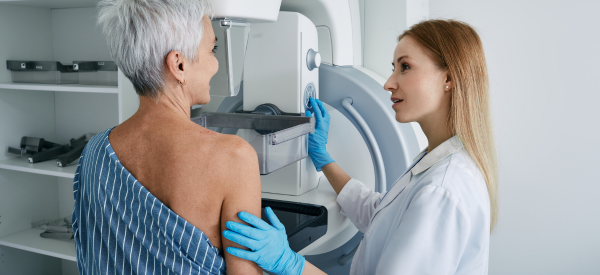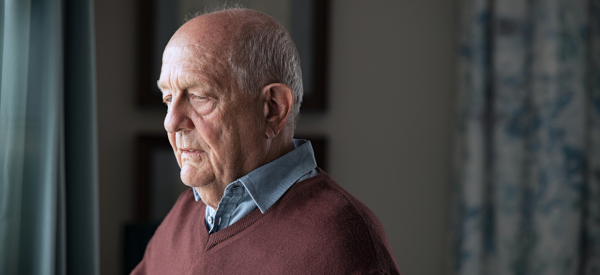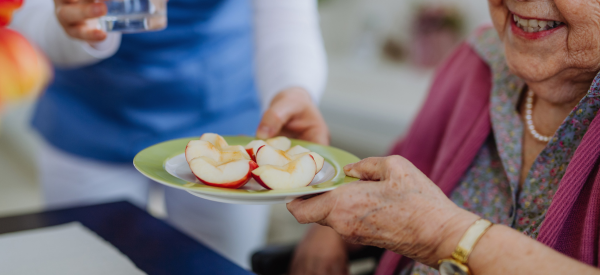Breast cancer awareness is crucial for early detection and effective treatment. Understanding the disease and its risks can empower individuals to take proactive steps.
October marks Breast Cancer Awareness Month, dedicated to education and support. It emphasizes the significance of regular screenings and self-exams.
This article will explore key facts about breast cancer, risk factors, and prevention. It aims to inform the general public, seniors, and caregivers of the elderly. Let’s delve into the essential information everyone should know.
What Is Breast Cancer?
Breast cancer begins when cells in the breast grow uncontrollably. This usually results in a tumor, which can be felt as a lump.
It can spread to other body parts if not detected early. Both women and men can develop breast cancer, though it is rarer in men.
Different types of breast cancer exist, and they require distinct treatment approaches. Understanding the nature and development of the disease is essential for effective management and care.
Why Breast Cancer Awareness Matters
Raising awareness about breast cancer is crucial for early detection. Knowing the signs and symptoms can lead to earlier diagnosis.
Awareness campaigns educate people on risk factors and prevention. They highlight the importance of regular screenings and self-exams.
Increased awareness contributes to research funding and support for patients. It empowers individuals to make informed health decisions and advocate for their wellbeing.
Key Facts and Risk Factors
Breast cancer is a common concern for women worldwide. It is essential to understand its risk factors for prevention.
Key facts include the influence of both lifestyle and genetic components. Regular screenings, particularly mammograms, are effective for early detection.
Here’s a list of significant risk factors to consider:
- Family history and genetic mutations like BRCA1/BRCA2
- Increasing age, especially among seniors
- Lifestyle choices, such as diet and exercise
Understanding these factors can aid in reducing risk. Being proactive about health and lifestyle changes is crucial. Education on different types of breast cancer can guide appropriate health decisions.
Early Detection: Screenings and Self-Exams
Early detection of breast cancer significantly increases survival chances. Regular screenings, like mammograms, play a key role in catching cancer early.
Self-exams are another essential tool for early detection. They help individuals familiarize themselves with their normal breast texture.
Incorporate these practices into your routine:
- Schedule regular mammograms as recommended by your doctor
- Conduct monthly self-exams to check for changes
- Report any unusual lumps or changes immediately
Being proactive about screenings and self-exams can lead to early diagnosis and treatment.
Recognizing Symptoms and When to Seek Help
Recognizing symptoms is vital for timely intervention. Be aware of any unusual changes in your breasts.
Common symptoms to watch for include:
- Lumps or thickening in the breast or underarm
- Changes in breast shape or size
- Dimpling or puckering of the skin
If you notice any of these signs, consult your healthcare provider. Early evaluation is important for effective treatment.
Support, Prevention, and Ongoing Research
Support systems play a key role for those affected by breast cancer. Connecting with support groups can provide emotional relief and shared experiences.
Preventive measures are essential for reducing risk. Maintain a balanced diet and engage in regular exercise. These steps can improve overall health and lower cancer risks.
Research continues to advance treatment and prevention strategies. Initiatives focus on:
- Developing more effective treatment options
- Understanding genetic risks
- Improving early detection techniques
Conclusion: Taking Action for Awareness and Health
Raising awareness about breast cancer is important for promoting early detection and healthy habits. Everyone can help by spreading information and supporting awareness events.
Stay informed and proactive about breast health. Regular check-ups and embracing healthy habits can make a significant difference. Taking action today leads to a healthier future.
Seniors deserve peace of mind during breast cancer treatment. Our care management team handles the details, so families can focus on what matters most.




